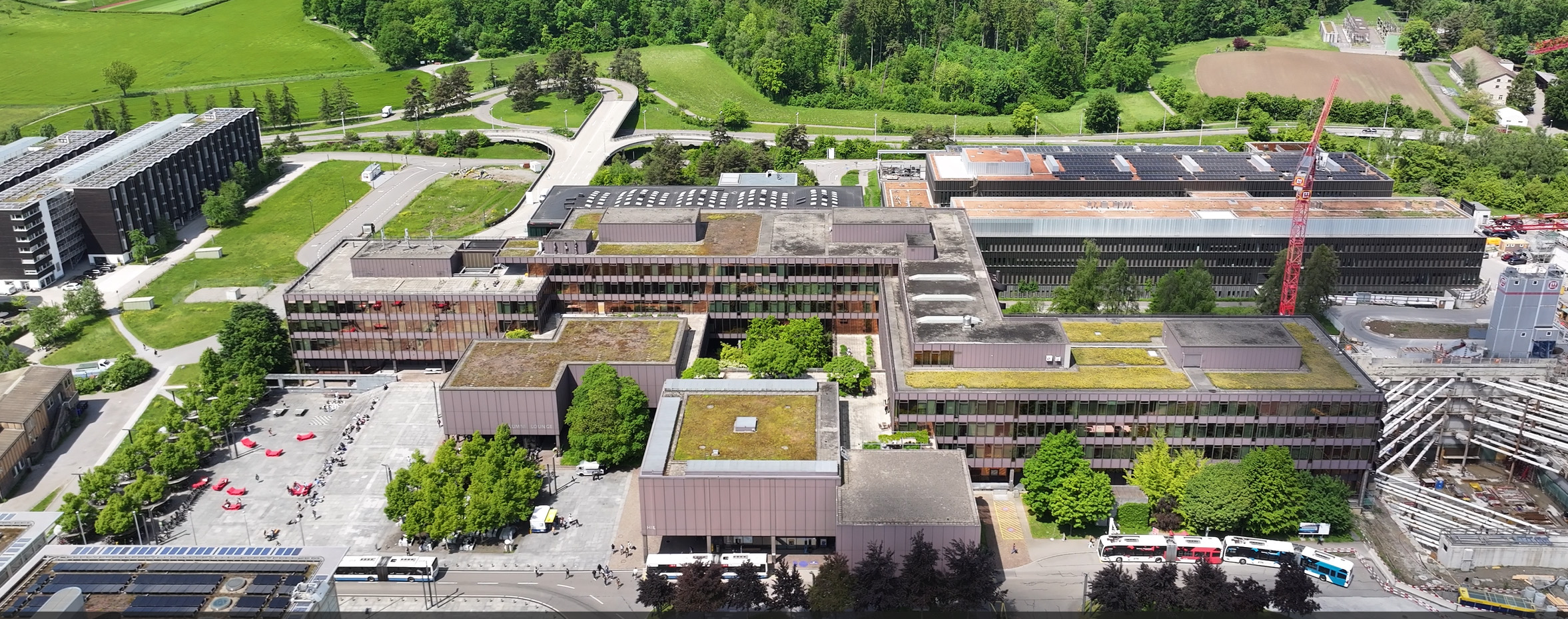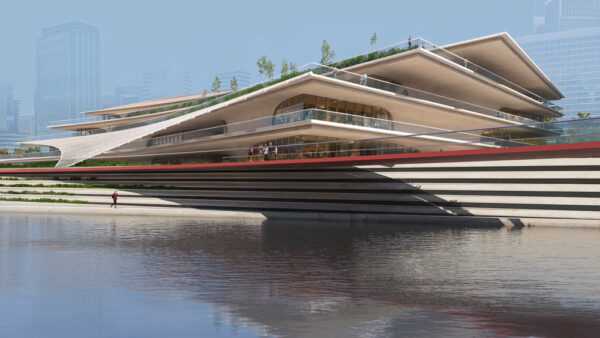
A sprawling 1970s-era building on the Hönggerberg campus of Swiss university ETH Zurich badly needs refurbishing.
Completed in 1976, and with no major renovations since, the HIL Building is insufficiently insulated, its building services need an overhaul, and there’s not enough space for the two major academic departments that call it home.
Uniquely, though, those two departments are Architecture and Civil, Environmental and Geomatic Engineering.
So, instead of calling in design consultants from the outside, the professors are doing it for themselves.
Three-year living lab
From 2026 to 2029, the building will become a living laboratory, with professors using the refurbishment as a research and teaching resource for students.
The knowledge, plans and building-element prototypes that result will be incorporated into the final plans.
By using HIL as a live test case for topics like energy efficiency, climate-friendly design, and circular construction, the idea is to turn a tired old building into a trailblazing model of sustainability.
The university also intends the project to break new ground in integrating research and construction practice.
‘Research in our own home’
Work on the building is expected to happen between 2030 and 2035.
The expansion element will see new storeys added along the building’s length.
Spearheading the experiment are architecture professor Matthias Kohler and Hannes Pichler, director of real estate management at ETH Zurich.
“The fact that we are conducting research in our own home makes it all the more exciting for us, because it allows us to help shape our future,” said Kohler.
He added: “We are working with professors in teaching and research to develop innovative approaches to transforming the HIL, and testing these with prototypes on the construction site.”
- Subscribe here to get stories about construction around the world in your inbox three times a week






